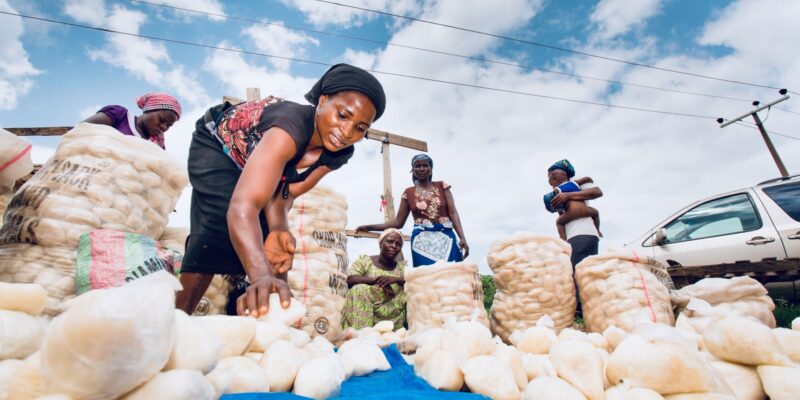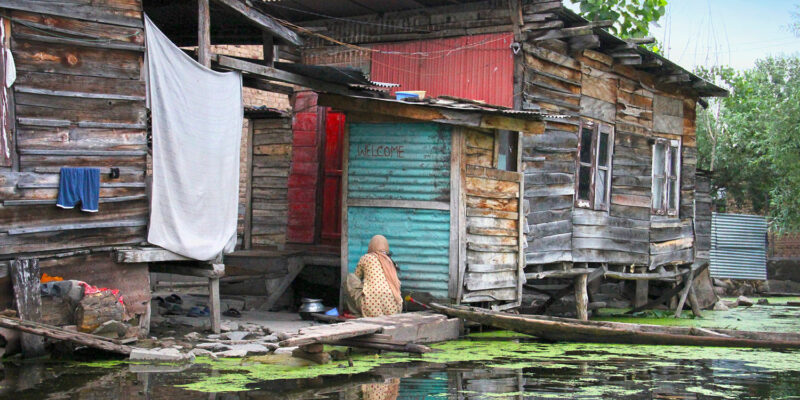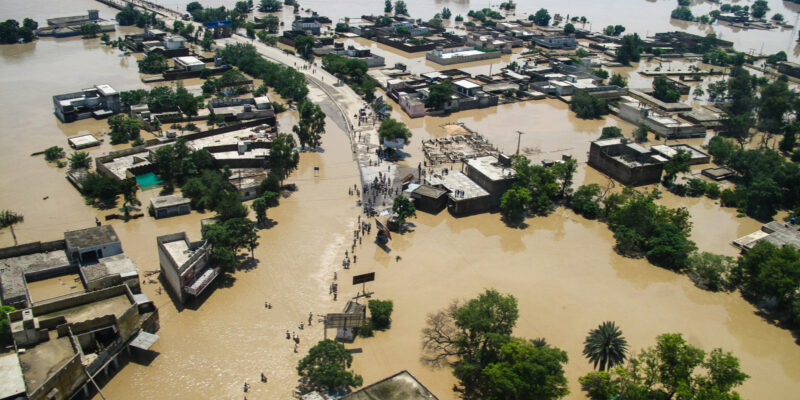Comment
Insights and expert analysis on climate issues.
Share


2023 will shape the Loss and Damage fund for years to come – have your say now
Dr Olivia Serdeczny, Manjeet Dhakal, Sneha Pandey

Despite having 60% of the world’s solar resources the continent has less than 2% of the world’s investment in renewable energy. At COP27, there were calls to expand African gas, risking locking in high emissions, burdening their economies with stranded assets, and potentially losing out on major economic opportunities to invest in renewable energy and green hydrogen.

"If offsets are not real, additional and permanent – or if they’re used to continue fossil fuel emissions – then they will make climate change worse rather than better." — Bill Hare

Flooding in Pakistan: where vulnerability meets climate change, devastation can follow
Manjeet Dhakal, Dr Fahad Saeed
In the wake of the massive flooding in Pakistan, Fahad Saeed and Manjeet Dhakal explain how socioeconomic factors intersect with climate impacts in South Asia, compounding their effects on people and the environment. Based on the latest evidence from the IPCC, they break down what risks could emerge in the coming decades if warming is not limited to the Paris Agreement’s 1.5°C threshold.

Dr Fahad Saeed is a climate impacts scientist based in Islamabad. He writes on how climate impacts are exacerbating power and development issues, despite Pakistan’s negligible emissions, and how the floods could reframe the debate on Loss and Damage ahead of COP27 in Egypt this year.

Influential oil company scenarios for combating climate change don’t actually meet the Paris Agreement goals, our new analysis shows
Dr Robert Brecha
This piece, originally published in The Conversation, highlights our research into decarbonisation scenarios put out by the IEA, BP, Shell and Equinor. Our research team found that none of the assessed scenarios from oil majors are consistent with the Paris Agreement.